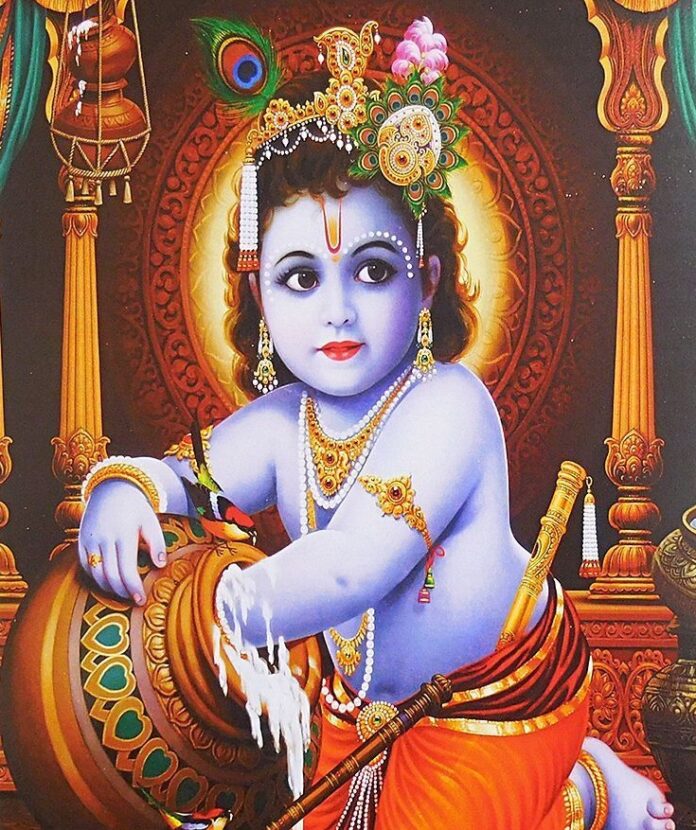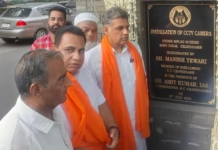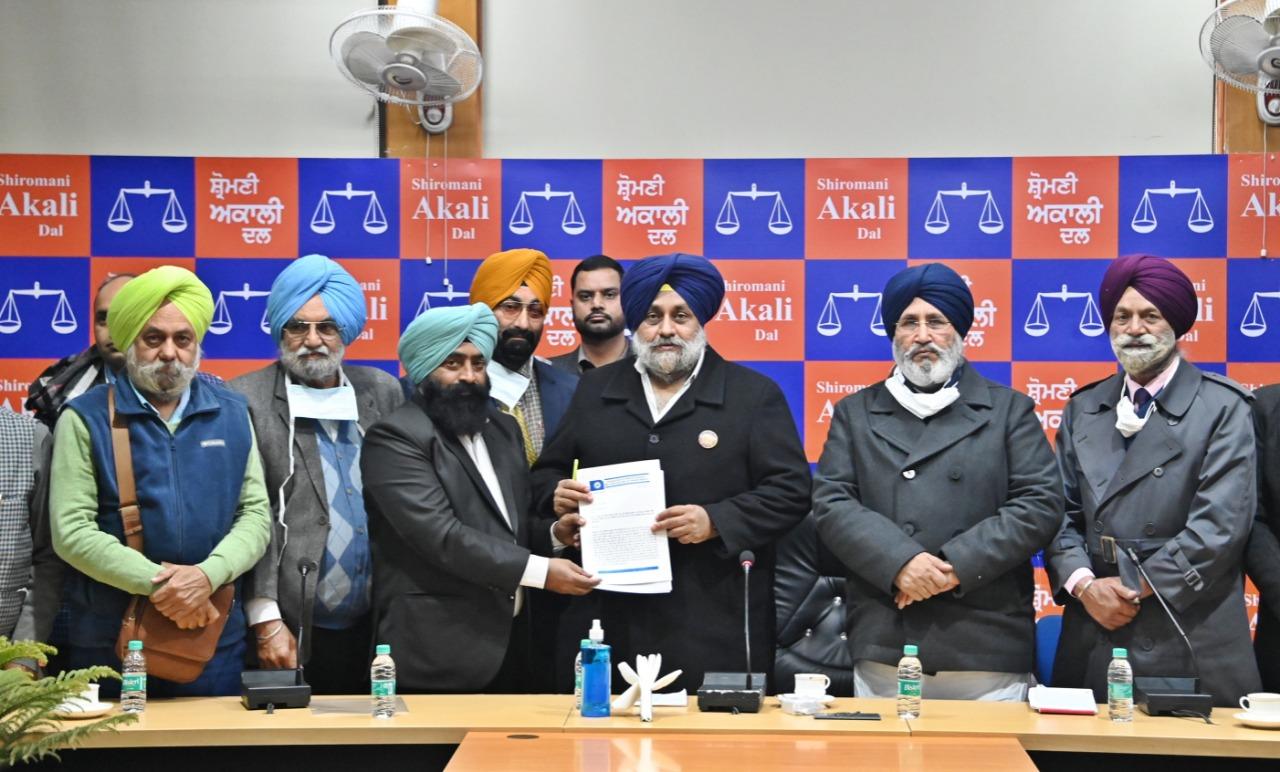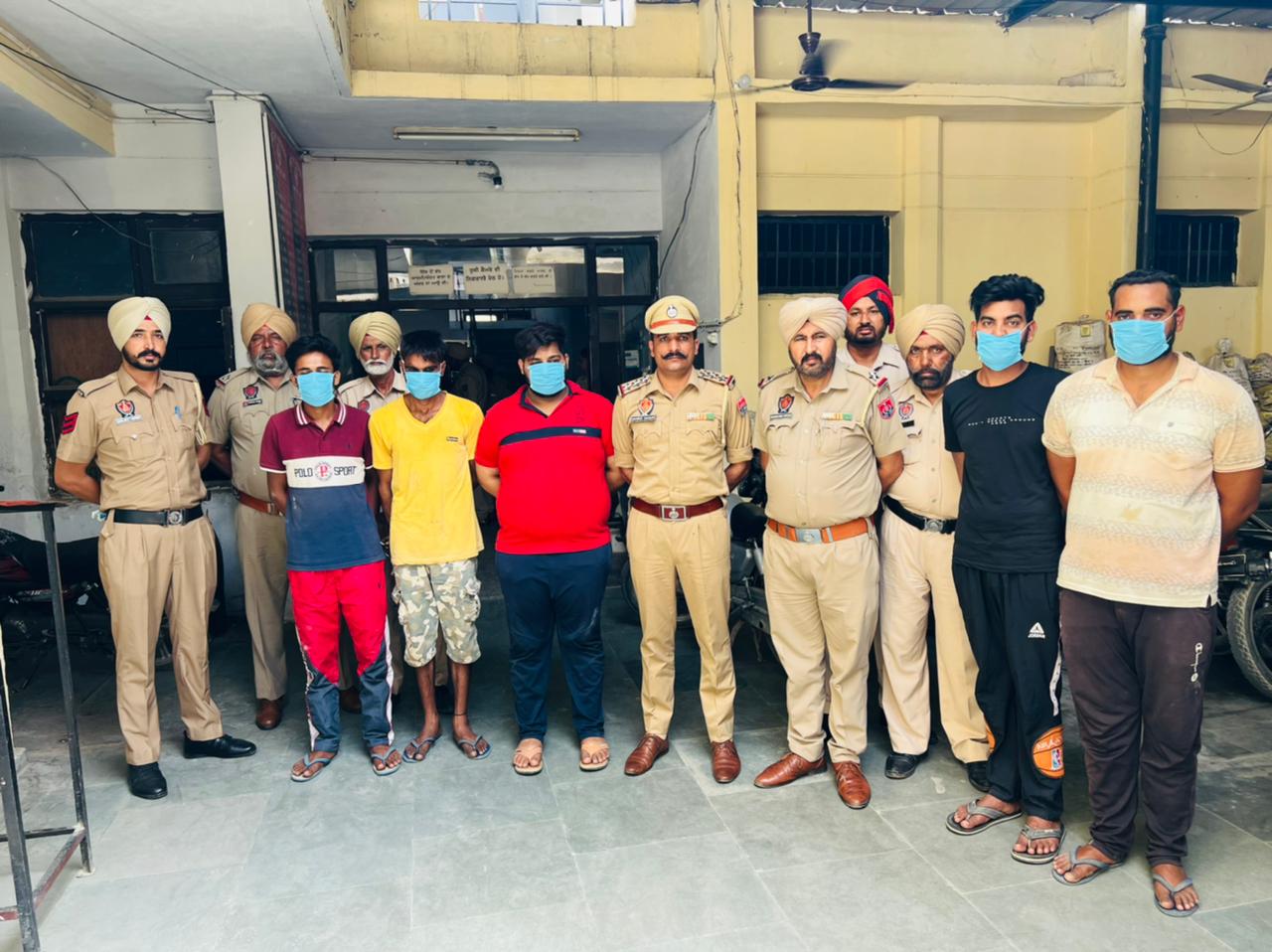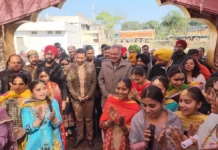Janmashtami is not just a festival; it is a celebration of the divine love and wisdom that Krishna embodies-Puri
Jaswant Singh Puri/ August 26,2024
Introduction
Shri Krishna Janmashtami, a festival that we are celebrating on August 26, 2024, marks the birth of Lord Krishna, one of the most revered deities in Hinduism. His life and teachings have had a profound impact on Indian culture, spirituality, and philosophy. This festival is a time of joy, devotion, and spiritual reflection for millions of devotees worldwide.
The Legend of Shri Krishna
Lord Krishna was born over 5,000 years ago in the Dwapara Yuga, as the eighth avatar of Vishnu, in the city of Mathura. According to the epic Mahabharata, Krishna’s birth was surrounded by divine intervention, as he was born to free the world from the tyrannical rule of King Kansa, his maternal uncle. Kansa, aware of a prophecy that foretold his death at the hands of his sister Devaki’s child, imprisoned her and her husband Vasudeva. However, on the night of Krishna’s birth, the prison doors miraculously opened, and Vasudeva was able to carry the infant Krishna across the Yamuna River to the safety of Gokul, where he was raised by Nanda and Yashoda.
Meera Bai: The Devotee of Krishna
Among the countless devotees of Krishna, Meera Bai stands out for her intense devotion and love for the Lord. Born a princess in Rajasthan in the 16th century, Meera Bai abandoned her royal life to dedicate herself entirely to Krishna. Her life and poetry express an unwavering devotion to Krishna, viewing him as her divine lover and eternal companion. Meera Bai’s bhajans (devotional songs) are still sung today, reflecting the timeless nature of her devotion. Her love for Krishna transcended social norms, making her an icon of bhakti (devotion) in Indian spirituality.
Krishna in the Mahabharata
Krishna’s role in the Mahabharata, one of the two major Sanskrit epics of ancient India, is central to the narrative. He is not only a divine figure but also a statesman, charioteer, and guide. His most significant contribution to the Mahabharata is the Bhagavad Gita, a 700-verse Hindu scripture that is part of the Mahabharata’s Bhishma Parva. The Gita is a conversation between Krishna and the Pandava prince Arjuna, who is confused and morally troubled about fighting in the Kurukshetra War.
The Bhagavad Gita: Krishna’s Teachings
The Bhagavad Gita is one of the most important texts in Hindu philosophy. In it, Krishna imparts profound spiritual wisdom and guidance to Arjuna, addressing his doubts and fears. Krishna explains the concepts of dharma (duty/righteousness), karma (action), and the nature of the self. He emphasizes the importance of performing one’s duty without attachment to the results, the practice of yoga (the path to spiritual realization), and the eternal nature of the soul.
The teachings of the Gita have transcended religious boundaries and continue to inspire people worldwide. They offer timeless guidance on how to live a life of integrity, purpose, and spiritual fulfilment.
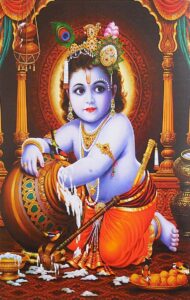


Janmashtami Celebrations
Janmashtami is celebrated with great fervour and devotion across India and in many parts of the world. Devotees fast until midnight, the time of Krishna’s birth, and then celebrate with devotional songs, dances, and readings of Krishna’s life stories. Temples are beautifully decorated, and the image of baby Krishna is placed in a cradle, symbolizing his birth. In some regions, the festival is marked by the Dahi Handi tradition, where young men form human pyramids to break a pot of curd hung high, symbolizing Krishna’s playful and mischievous nature.
Conclusion
Shri Krishna Janmashtami is not just a festival, it is a celebration of the divine love and wisdom that Krishna embodies. Whether through the poetic devotion of Meera Bai, the epic narrative of the Mahabharata, or the philosophical teachings of the Bhagavad Gita, Krishna’s influence on Indian culture and spirituality is immense and enduring. As we celebrate Janmashtami in 2024, we are reminded of the eternal relevance of Krishna’s life and teachings, guiding us toward a path of righteousness, love, and spiritual enlightenment.
Paritrāṇāya sādhūnāṁ vināśhāya cha duṣhkṛitām
Dharmasaṁsthāpanārthāya sambhavāmi yuge yuge
Translation into English:“To protect the righteous, to annihilate the wicked, and to reestablish the principles of dharma, I appear millennium after millennium.”

Note: Janmashtami is not just a festival; it is a celebration of the divine love and wisdom that Krishna embodies-Puri. The views expressed are personal. This article is dedicated to Smt. Alka Puri, wife of Dr. Ajit Singh Puri and mother of Jaswant Singh Puri.

